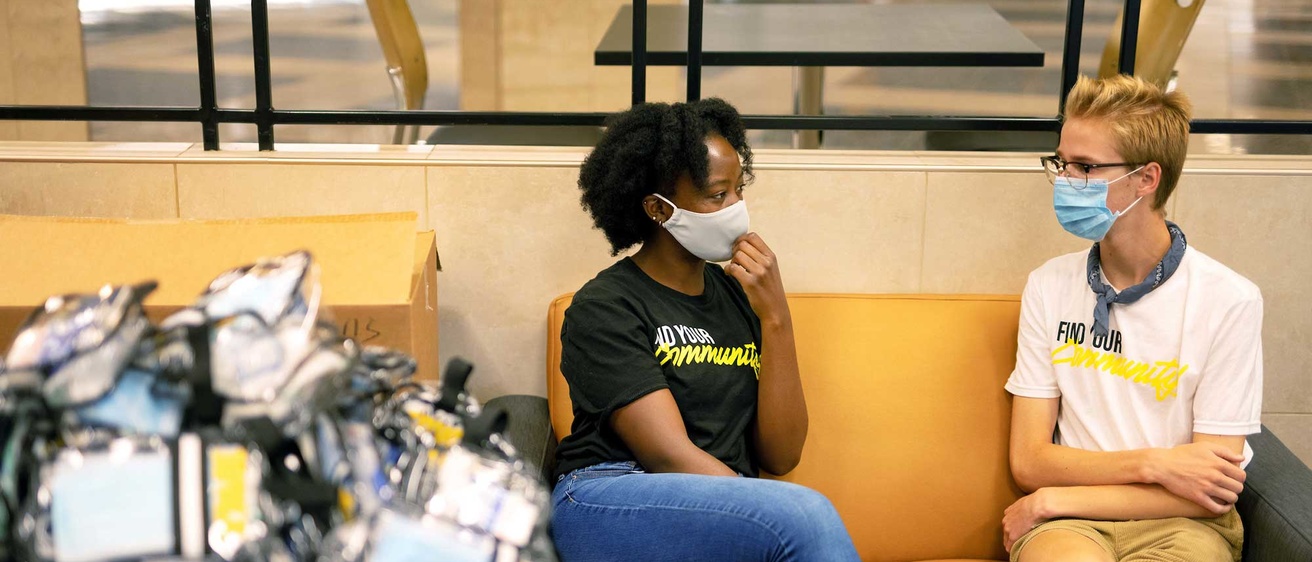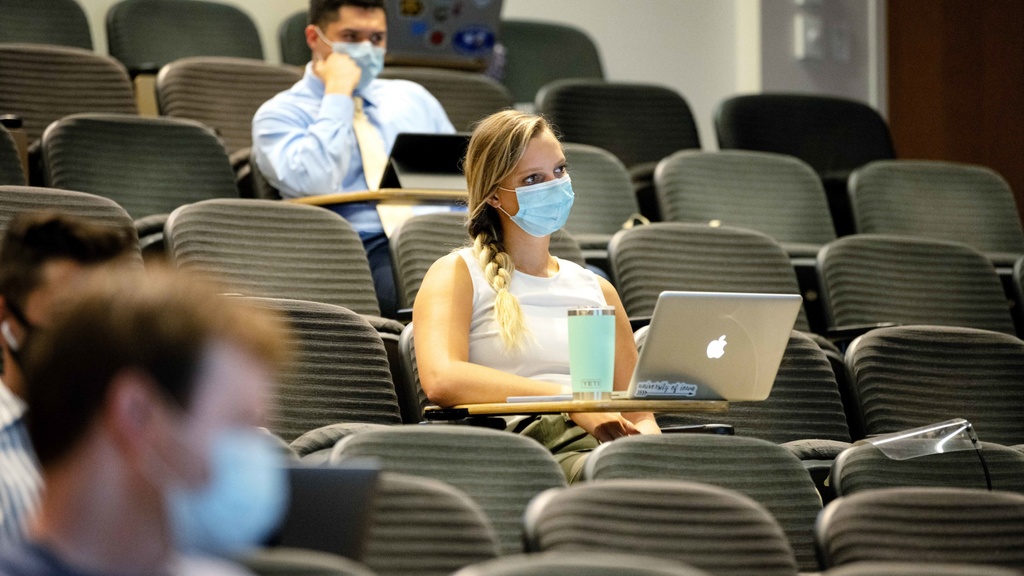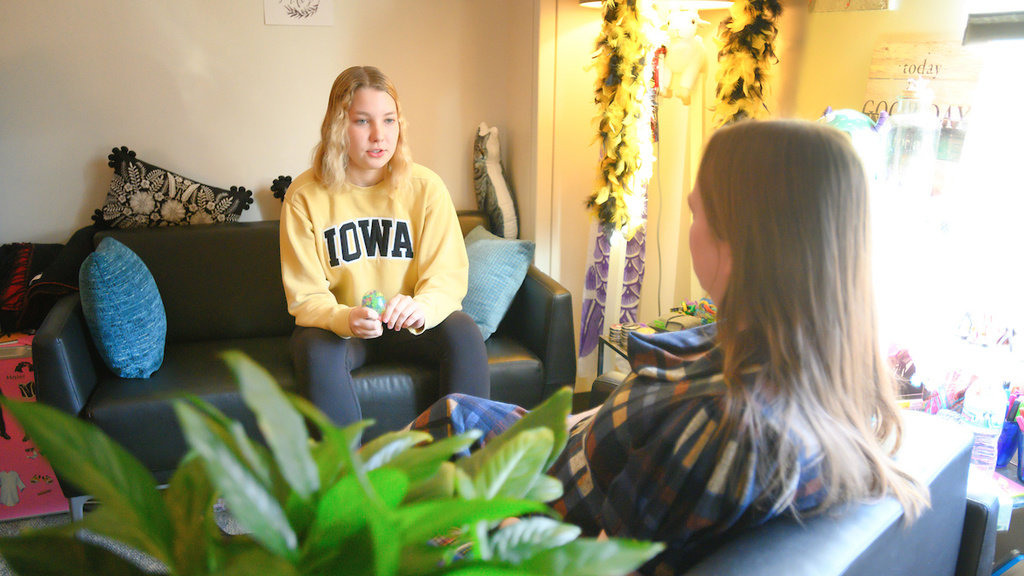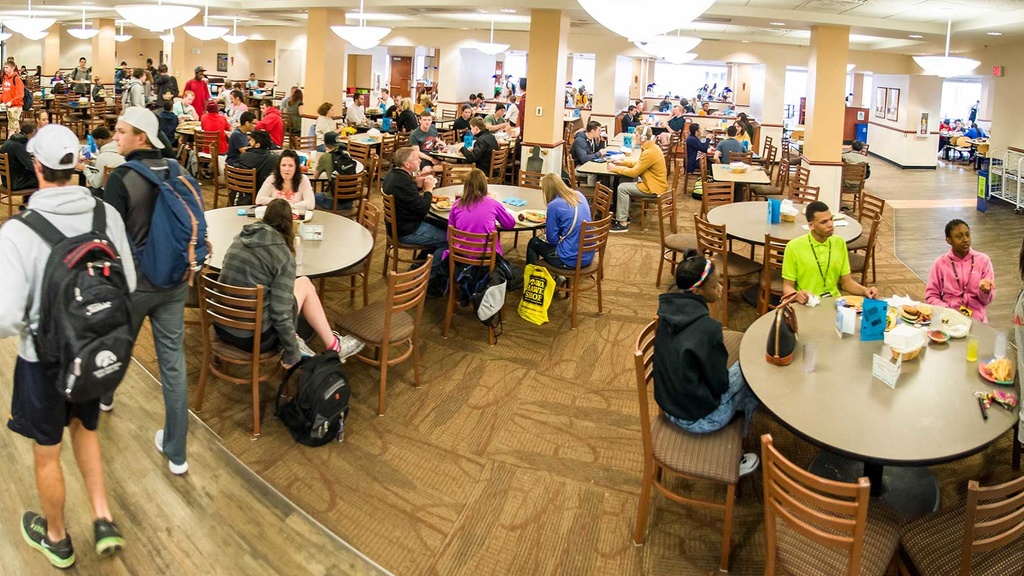
Breadcrumb
- Home
- Support Resources
- Self-Help Guidebook
COVID-19 Coping Resources
Main navigation
The University of Iowa is a place that cares about the mental health of its community, whether you are a student, staff, or faculty member. In this time of a global pandemic, racial violence and discrimination, and ongoing ambiguity about the what the future will mean for the University of Iowa community and its members, a guide for managing mental health is necessary.
These articles have been contributed by members of the mental health care community at the University of Iowa.

Academic Issues
Decades of literature around college student experiences and success illustrate that mental health related concerns can impact student academic outcomes such as persistence and degree attainment.

Trauma
Traumas are significantly negative events from which we experience a variety of psychological and emotional responses. Traumatic events can range from being involved or witnessing an accident, to losing a loved one, or having an injury or illness that we feel jeopardizes our well-being and/or sense of security and safety in the world.

The International Community
Knowing the challenges that the international community is facing will provide us a better understanding of how to better support the international community’s mental and emotional wellbeing.

Substance Abuse and Process Addiction Related Issues
Substance use has a long history of being used to cope with mental health issues and coping with difficult emotions.
Sleep
Help students be aware of their time management in order to develop consistent sleep schedule. Provide students, staff and faculty who interact with other students, staff and faculty, a quick and easy referral.

Trauma Informed Care
There is no person unaffected by the traumatic events of the world today and therefore it is imperative to create a trauma-informed community so that we can not only survive this experience but improve ourselves and institution.

Caring for Self & Managing Burnout
When we find ourselves in a situation where our happiness is suffering, the “oxygen mask rule” analogy is helpful. Help ourselves first and then help those around us.
Caregivers
Covid-19 will impact student parents and caregivers in as many different ways as there are student parents and caregivers.

Eating Disorders
Eating disorders are often not recognized as mental health issues, especially in populations of diverse identities.
Children and Families
Families struggling with domestic violence are further isolated. The financial stress can especially affect marginalized communities or those with inadequate resources.

Mental Health Speaker Series
Check out our upcoming Presentation Series as campus mental health experts share resources and strategies for coping in a time of COVID-19.
